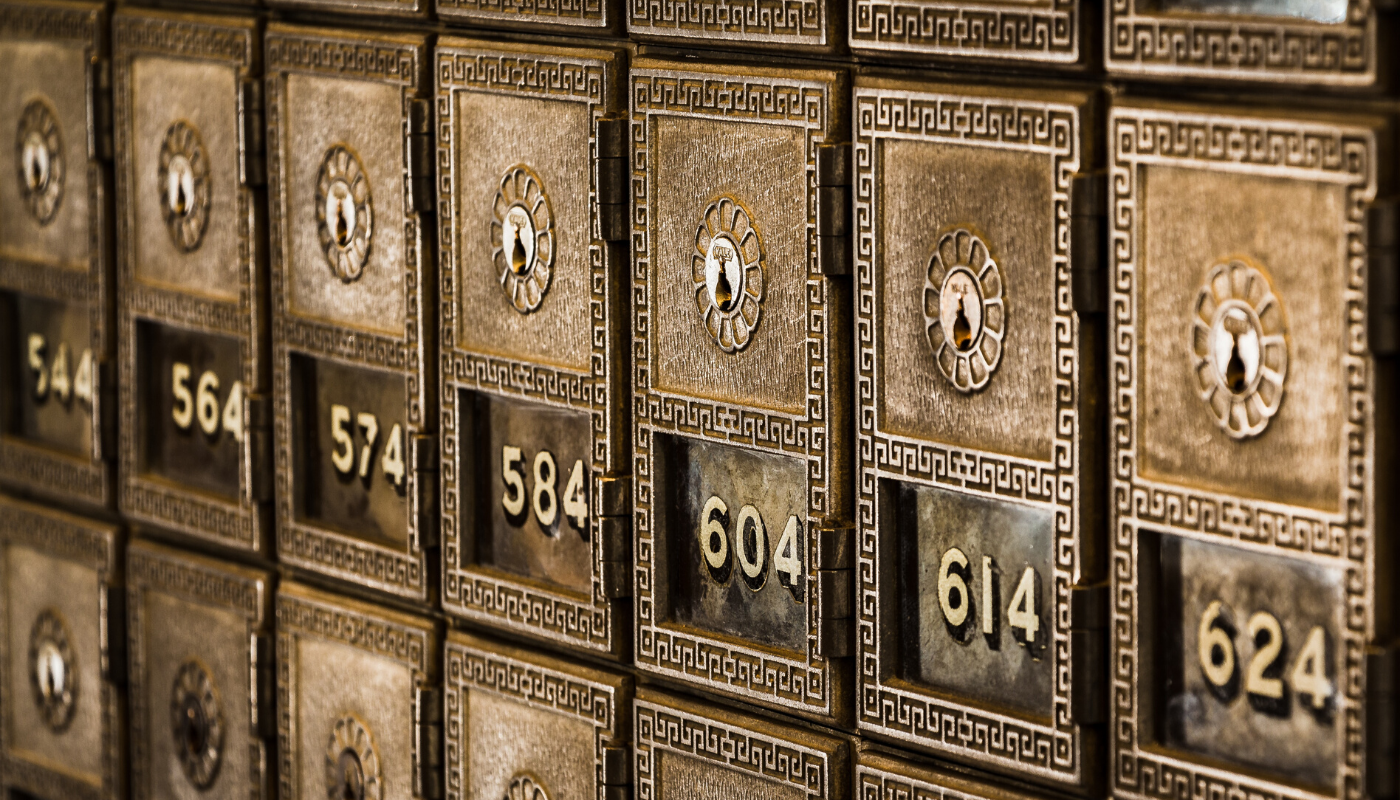
Custody of Tokenized Assets
Throughout 2019, multiple financial regulatory institutions have set new standards and regulations for the tokenization of digital assets. From issuance to custody and settlement, tokenization has severely increased in investor protection and market regulations. The new possibilities of digitalizing physical assets, such as art or real estate, still raise questions about the safekeeping of the digitalized asset ownership.
How to keep digital securities safe
Tokenization of art, commodities or real estate is already a reality, and its benefits vastly outweigh its implications. Tokenized assets are being securely issued, traded and settled on a distributed ledger. The consensus mechanism on the distributed ledger allows for a high degree of cybersecurity measures which protect digital assets. Investments into digital assets are being stored as tokens in a cold or hot wallet, which is accessed through a private key.
One risk of a token investment is that if the private key is lost or stolen, the wallet’s assets become inaccessible. Another security issue involves the use of the hot wallet, as it is connected to the internet it is at risk of being hacked. In contrast, a cold wallet provides the storage of the assets on a physical offline piece of hardware. The key benefit of the hot wallet is the immediate access to the funds, whereas the cold wallet can take a significantly larger time for the investor to receive access to their assets.
| Advantages | Disadvantages | |
| Hot Wallet |
immediate access to tokens easier to set up & access |
more suspectable to hackers |
| Cold Wallet |
most secure option |
slower in making transactions |
Proper security measures need to be implemented to enhance investor protection. Black Manta Capital Partners provides its investors with a higher degree of protection as tokens are being issued using the T‑REX standard. Which includes a blockchain based identity management system that is able to secure investors’ keys if lost.




